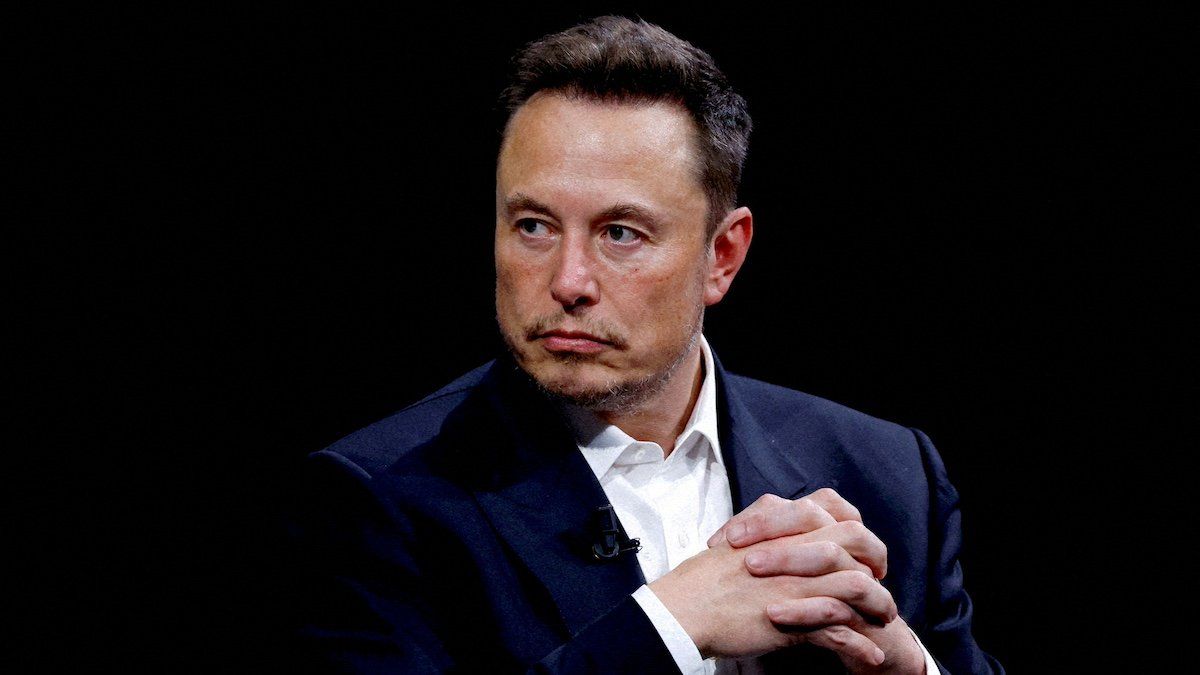Space capitalist Elon Musk and Canadian literary legend Margaret Atwood are in agreement …. on warning that Canadian legislation to bring order to cyberspace threatens freedom of speech, which suggests that Justin Trudeau may have to go back to the drawing board.
The Liberals unveiled the Online Harms Act last month, proposing a digital safety commission to target hate speech, child porn, and other dangerous content. Advocates like Facebook whistleblower Frances Haugen have called for governments to pass similar laws, and both the EU and the UK are doing so.
But the Trudeau government got a black eye from its last attempt to regulate cyberspace when Meta yanked Canadian news from its platforms rather than pay a so-called “link tax.”
So far, big American tech companies have not reacted as forcefully to this bill, but Atwood, Musk, and many experts have objected to the draconian laws around hate speech, which would include life prison sentences and the use of peace bonds for potential hate speech.
Given the precariousness of Trudeau’s government, the humiliating defeat of its last big online law, and the criticisms coming from
even those predisposed to support the law, the government will likely have to accept amendments in the legislative process if it wants to get this passed.
